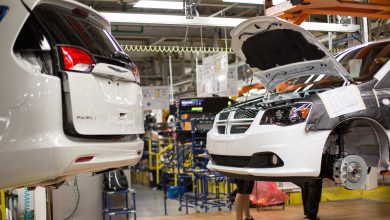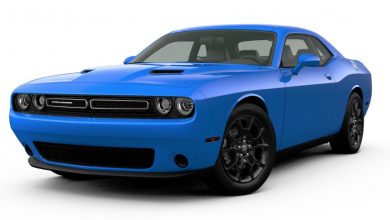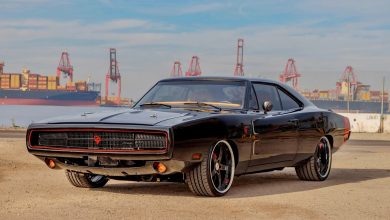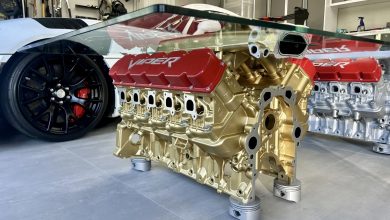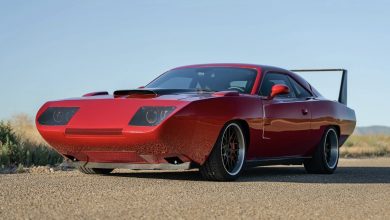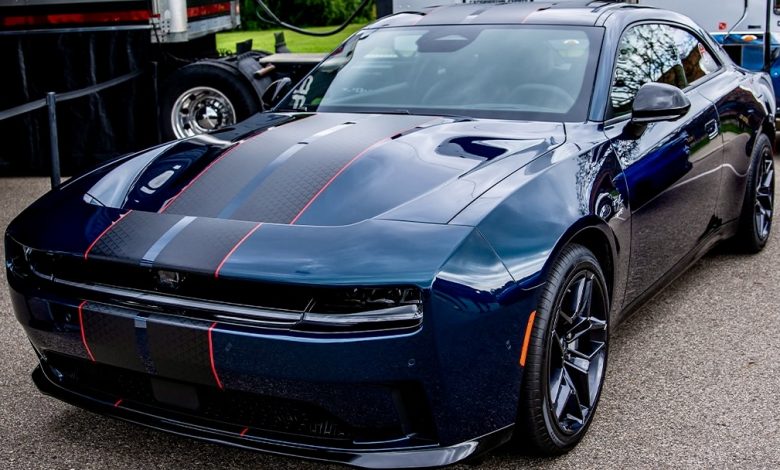
Stellantis is taking a significant step toward the future of electric vehicles (EVs) with plans to integrate solid-state battery technology into a demonstration fleet of Dodge Charger Daytona models by 2026. Developed in partnership with Massachusetts-based startup Factorial Energy, this initiative could substantially improve EV performance, potentially pushing range limits beyond 600 miles per charge. However, despite the promise of this technology, widespread adoption remains years away.
The collaboration between Stellantis and Factorial began in 2021, when Stellantis invested $75 million in the startup. Factorial’s Electrolyte System Technology Cells (FEST) will power the demonstration fleet of all-new Dodge Charger Daytona e-muscle cars. These vehicles, built on Stellantis’ versatile STLA Large platform, will allow the companies to test the battery technology’s capabilities in the real world.
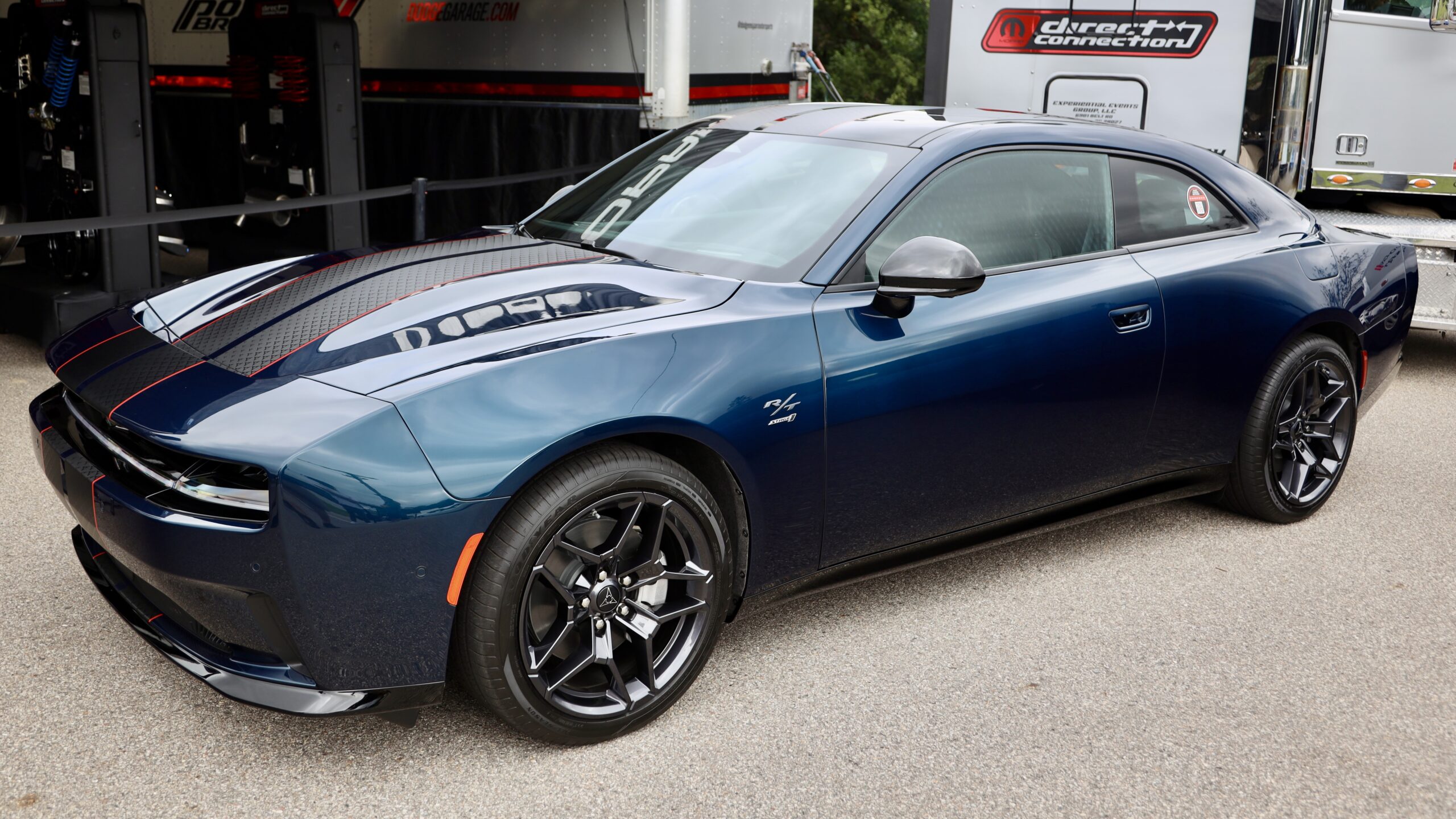
Solid-state batteries differ from conventional lithium-ion batteries in one critical way: they use a solid electrolyte instead of a liquid one. This change allows for a lighter design with greater energy density, potentially increasing driving range and reducing charging time. Ned Curic, Stellantis’ Chief Engineering and Technology Officer, highlighted the potential impact of this innovation: “By integrating Factorial’s innovative battery solution into the STLA Large platform, we are validating its potential to enhance our electric vehicle lineup, ensuring customers benefit from improved performance, longer driving ranges, and faster charging times in the coming years.”
Factorial’s FEST technology, which the company describes as “quasi-solid,” combines solid and liquid electrolyte design elements, aiming to balance the benefits of solid-state batteries with the manufacturing efficiency of traditional lithium-ion technology. While Factorial’s solid-state batteries promise to increase driving range significantly, the company acknowledges that scaling up production for mass adoption is a complex challenge. Despite this, Factorial’s goal is clear: enabling EVs to surpass 600 miles on a single charge is a significant leap from the range of most current models, which typically hover around 300 miles.
The Dodge Charger Daytona R/T, which will be part of this testing phase, currently offers a range of approximately 317 miles per charge. The potential shift to solid-state batteries could more than double this figure, making the EV more competitive with gasoline-powered vehicles in terms of distance between refueling and recharging. Such advancements could also address one of the major consumer concerns with EVs—range anxiety.
The Charger Daytona models participating in this demonstration will be built on Stellantis’ STLA Large platform, engineered to accommodate a wide range of electric and hybrid vehicles, including high-volume SUVs and performance cars. Stellantis plans for this platform to support up to two million vehicles globally, making it an ideal candidate for testing the performance of solid-state batteries.
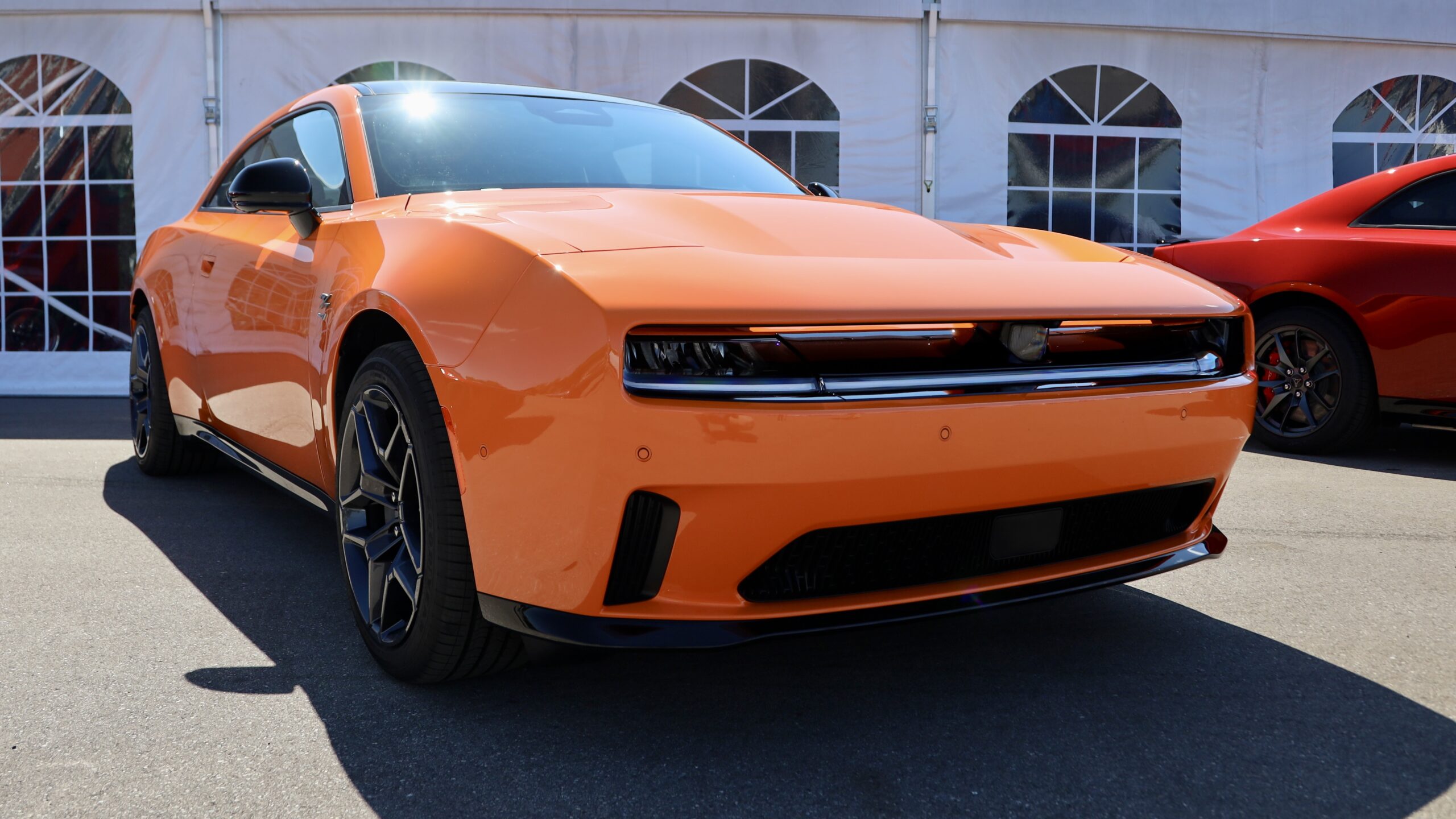
Despite this technology’s excitement, experts caution that it may take several more years before solid-state batteries are ready for widespread use. Manufacturing solid-state batteries at scale for the automotive industry has proven challenging, as adapting the technology from small-scale applications to large EV batteries requires significant development. Factorial has made progress, including opening a pilot production plant in Methuen, Massachusetts, but achieving the economies of scale needed for mass production remains a hurdle.
“This demonstration fleet is an important milestone in our partnership with Factorial,” said Curic. “It allows us to better understand how the FEST batteries perform in real-world conditions and how they can be integrated into future models.”
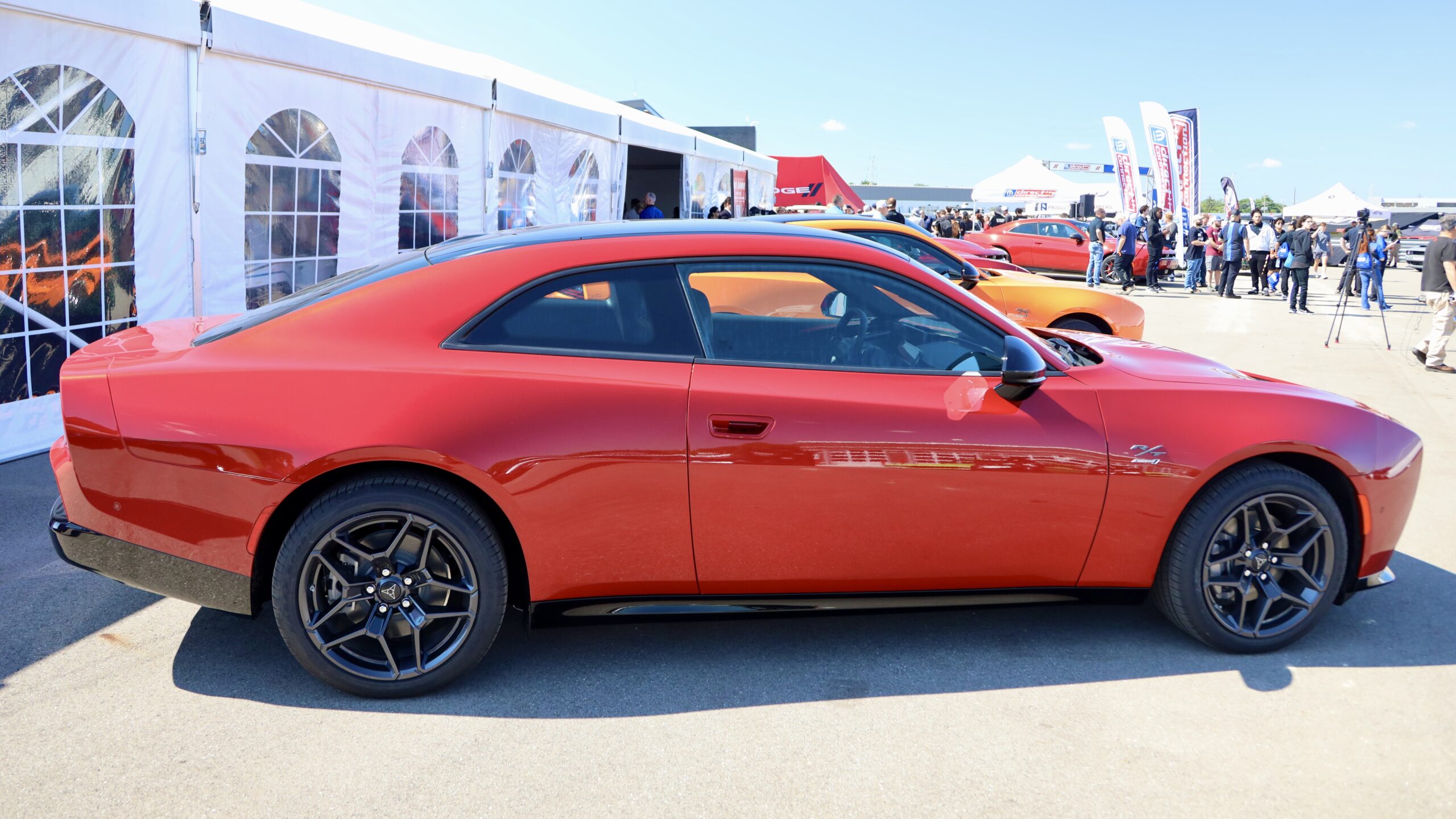
As Stellantis progresses with testing solid-state batteries in the Charger Daytona, the company is also preparing for a potential model refresh in the coming years. If solid-state technology proves successful in this demonstration phase, it could become a key feature in the next generation of Dodge’s e-muscle car, offering buyers a longer range and improved charging speeds. While solid-state batteries may still be a few years from becoming mainstream, Stellantis’ efforts indicate a strong commitment to advancing EV technology and ensuring that their vehicles will be ready to lead the charge when the time comes.

